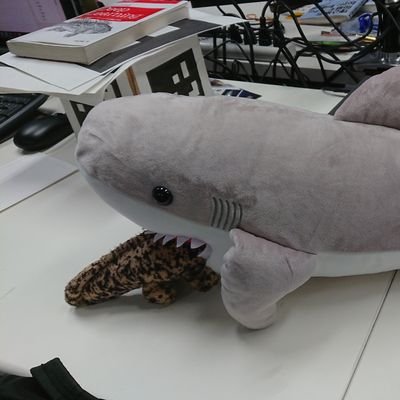結果
| 問題 | No.36 素数が嫌い! |
| コンテスト | |
| ユーザー |
 kei kei
|
| 提出日時 | 2018-04-14 23:43:14 |
| 言語 | C++14 (gcc 15.2.0 + boost 1.89.0) |
| 結果 |
AC
|
| 実行時間 | 101 ms / 5,000 ms |
| コード長 | 2,085 bytes |
| 記録 | |
| コンパイル時間 | 2,029 ms |
| コンパイル使用メモリ | 166,684 KB |
| 実行使用メモリ | 5,376 KB |
| 最終ジャッジ日時 | 2024-06-27 01:23:26 |
| 合計ジャッジ時間 | 2,900 ms |
|
ジャッジサーバーID (参考情報) |
judge5 / judge3 |
(要ログイン)
| ファイルパターン | 結果 |
|---|---|
| sample | AC * 4 |
| other | AC * 26 |
ソースコード
#include "bits/stdc++.h"
using namespace std;
typedef long long ll;
typedef pair<int, int> pii;
typedef pair<ll, ll> pll;
const int INF = 1e9;
const ll LINF = 1e18;
template<class S,class T> ostream& operator << (ostream& out,const pair<S,T>& o){ out << "(" << o.first << "," << o.second << ")"; return out; }
template<class T> ostream& operator << (ostream& out,const vector<T> V){ for(int i = 0; i < V.size(); i++){ out << V[i]; if(i!=V.size()-1) out << " ";} return out; }
template<class T> ostream& operator << (ostream& out,const vector<vector<T> > Mat){ for(int i = 0; i < Mat.size(); i++) { if(i != 0) out << endl; out << Mat[i];} return out; }
template<class S,class T> ostream& operator << (ostream& out,const map<S,T> mp){ out << "{ "; for(auto it = mp.begin(); it != mp.end(); it++){ out << it->first << ":" << it->second; if(mp.size()-1 != distance(mp.begin(),it)) out << ", "; } out << " }"; return out; }
/*
<url:https://yukicoder.me/problems/no/36>
問題文============================================================
本田君には競技プログラミングをやっている友達がたくさんいます。
いつも素数の魅力を語られる本田君は素数に嫌気がさしてしまいました。
そこで、友達の前で整数を使う時は、「素数,1,使う数自身」以外で割り切れる整数のみにすると決意しました。
そのために、与えられた整数が友達の前で使っても良いかを判定するプログラムを作ることにしました。
=================================================================
解説=============================================================
================================================================
*/
string solve(){
ll N; cin >> N;
if(N == 1) return "NO";
ll cnt = 0;
for(ll i = 2; i*i <= N;i++){
while(N%i==0){
N/=i; cnt++;
}
}
if(N != 1) cnt++;
return (cnt>=3)?"YES":"NO";
}
int main(void) {
cin.tie(0); ios_base::sync_with_stdio(false);
cout << solve() << endl;
return 0;
}
